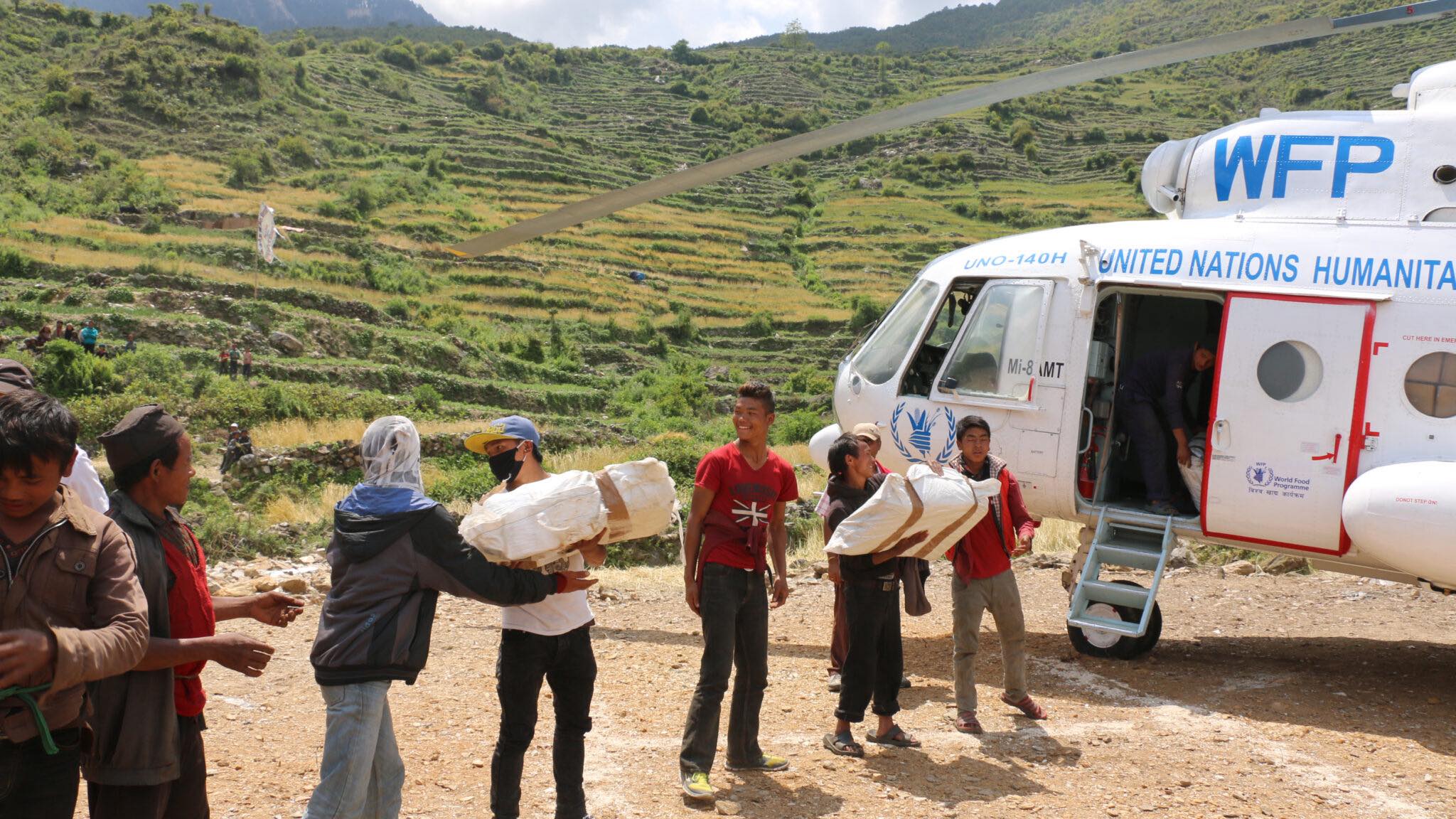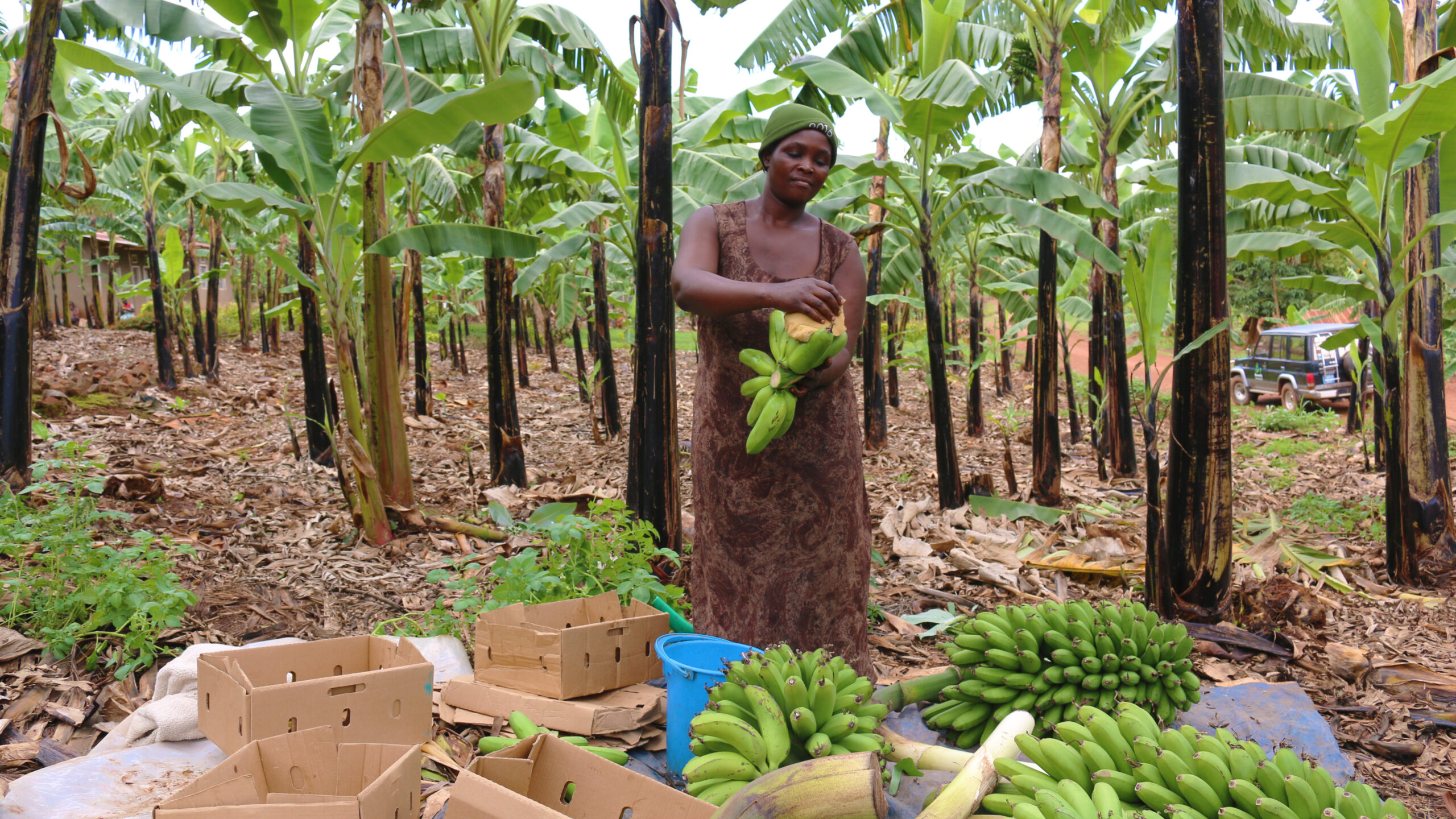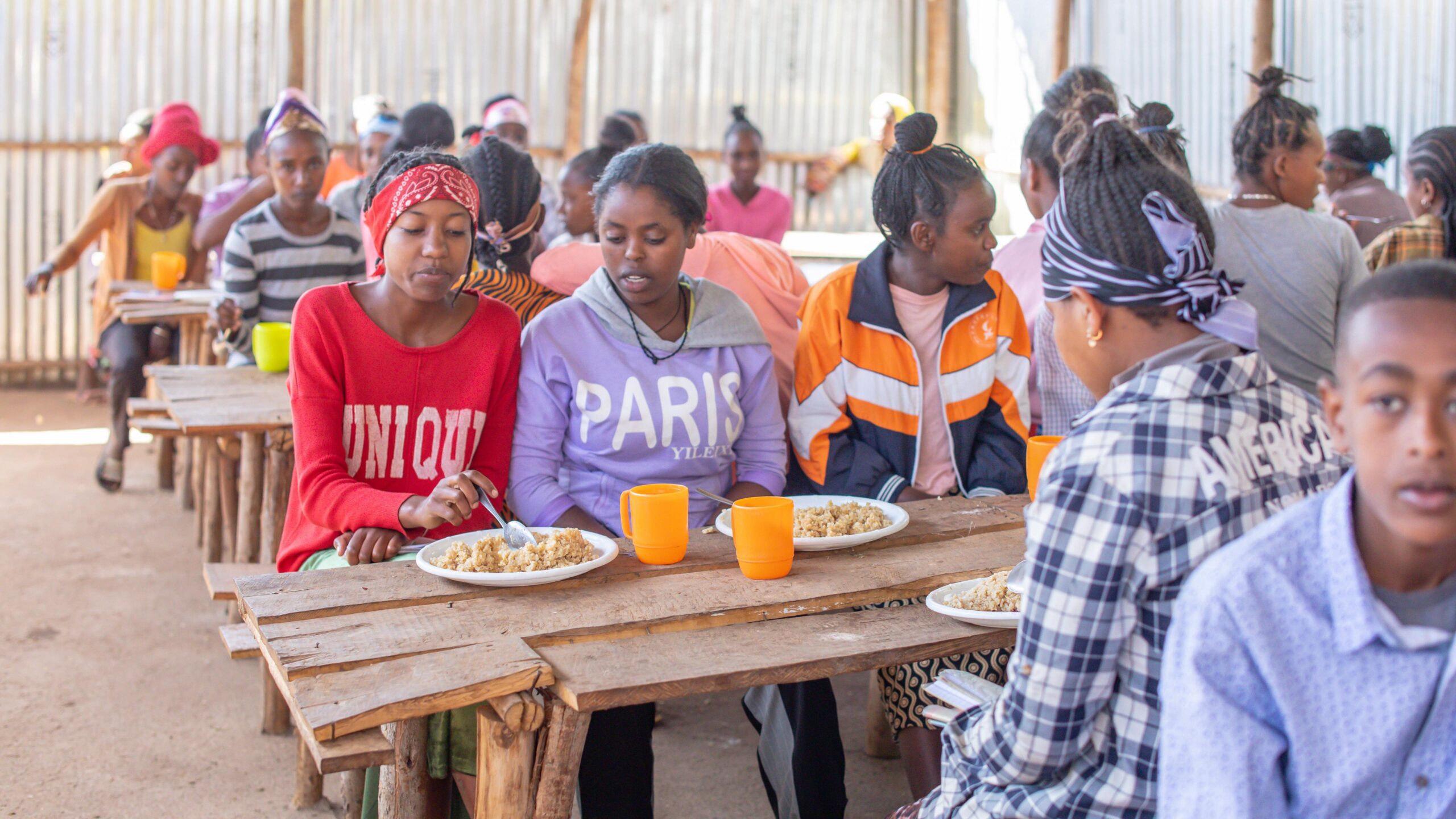The third International Initiative for Impact Evaluation (3ie) and IFPRI Impact Evaluation Seminar will be webcast live on September 6.Renos Vakis of the World Bank will speak about lessons from a randomized experiment on cash transfers and childhood development in rural Nicaragua. Shareen Joshi of Georgetown University will act as discussant.
Vakis will discuss results from the paper Cash Transfers, Behavioral Changes, and Cognitive Development in Early Childhood: Evidence from a Randomized Experiment. This paper investigates how cash transfer programs can impact children’s cognitive development as opposed to children’s education, health, and nutrition outcomes. Cognitive development in early childhood has been found to be an important predictor of school achievement, wage-earning potential, and overall success throughout life.
The International Initiative for Impact Evaluation (3ie) and IFPRI Seminar Series highlights the latest impact evaluation research and facilitates discussion of how to bring improvements and innovation to the field of impact evaluation. The 3ie-IFPRI Seminar Series presents speakers and discussants whose work features innovative methodologies and addresses crucial evaluation questions. The first two seminars took place in May and June 2012, and the series is scheduled to continue throughout the fall.







